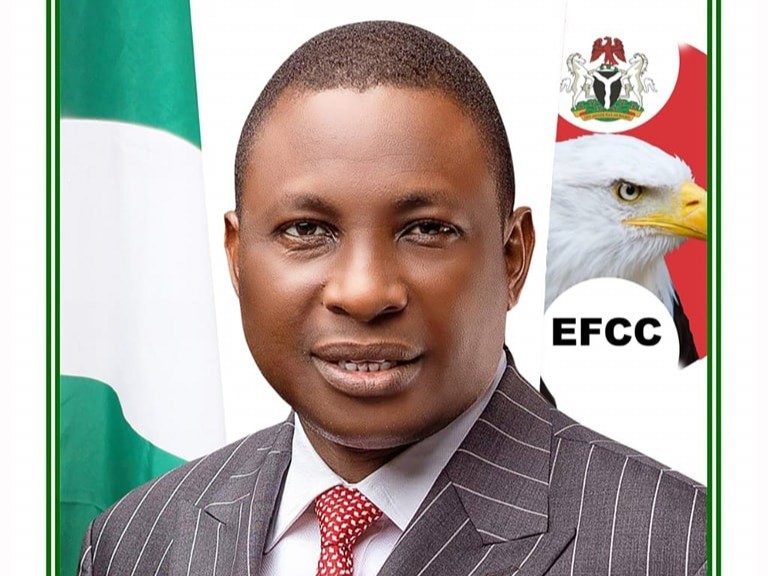CurrentReport Blog The Executive Chairman of the Economic and Financial Crimes Commission (EFCC), Ola Olukoyede, has issued a strong warning to local government chairmen across Nigeria, emphasizing the need for financial prudence and accountability in the administration of public funds.

Speaking on Wednesday, Olukoyede made it clear that local government chairmen do not enjoy immunity from investigation or prosecution, unlike some public officials. He stressed that the EFCC would not wait until the end of their tenure before initiating probes into fraudulent activities.
EFCC to Crack Down on Corrupt Local Government Officials
The anti-graft agency’s chairman noted that despite increased financial allocations from the Federation Account, many local governments fail to provide tangible developmental projects for their communities. He lamented that instead of fostering growth, several councils have turned into ineffective entities that exist only in name.
“Local government chairmen do not have immunity, and we are not going to wait until you finish your tenure to come after you,” Olukoyede warned.
His statement, signed by EFCC’s Head of Media and Publicity, Dele Oyewale, highlighted the agency’s commitment to ensuring transparency and accountability at the grassroots level.
EFCC Launches Fraud Risk Assessment and Control Department
To strengthen its oversight functions, the EFCC has established a Fraud Risk Assessment and Control (FRAC) Department. Officers from this department will visit local government councils, beginning with Gombe State, to monitor the use of the enhanced allocations from the Federation Account.
“The EFCC will be paying you visits occasionally to check how you are using the funds. We will come in the evening. Sometimes, you may even see us in your dreams,” Olukoyede added, reinforcing the agency’s readiness to track misappropriated funds.
Why Local Government Accountability Matters
Local governments play a crucial role in grassroots development, handling responsibilities such as infrastructure, education, healthcare, and sanitation. However, corruption at this level has severely hindered progress in many communities.
The Nigerian government recently increased local government allocations, raising expectations for improved service delivery. However, concerns persist about how effectively these funds are utilized. The EFCC’s renewed focus on local councils aims to curb financial mismanagement and ensure that public resources benefit the citizens they are meant to serve.
Public Reactions and Implications
The EFCC’s declaration has sparked reactions from various stakeholders. Some citizens have welcomed the move, stating that increased scrutiny will compel local government leaders to act responsibly. Others, however, argue that the EFCC should extend similar measures to other tiers of government, ensuring accountability at all levels.
With the 2027 general elections approaching, governance and corruption remain key issues in Nigeria’s political landscape. The EFCC’s proactive stance could influence how local government officials manage public funds moving forward.
Ola Olukoyede’s warning to local government chairmen sends a clear message: the era of unchecked financial mismanagement is coming to an end. With the EFCC intensifying its oversight, local leaders will need to prioritize transparency and accountability to avoid facing legal consequences.












